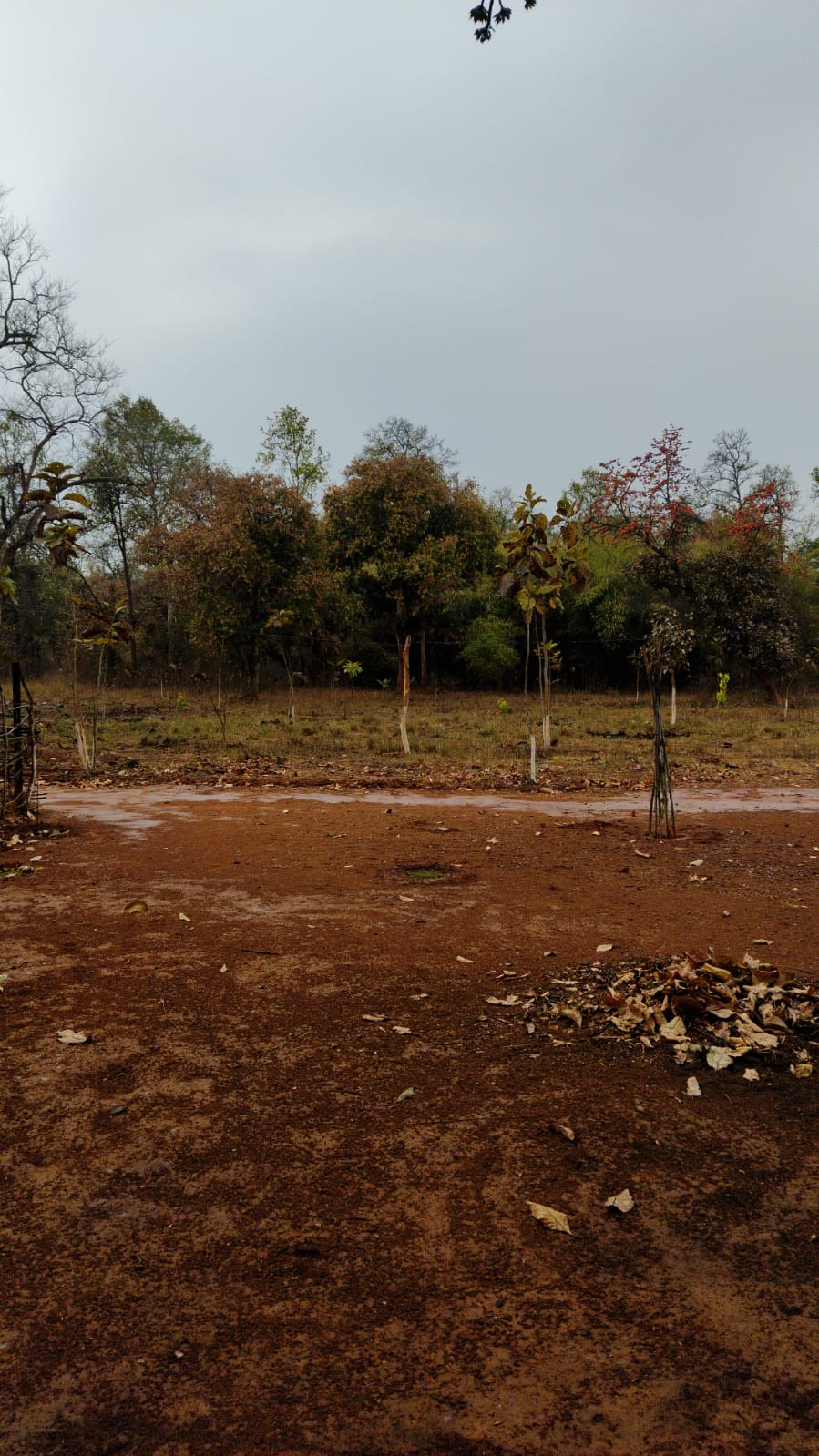Untimely rainfall damages gene-modified crops, highlights need for indigenous seeds & sustainable farming

Untimely rainfall wreaks havoc on crops in Bagdara Farms, but the indigenous crop proves more resilient compared to the genetically modified crops. Watch the video to learn more about the benefits of using indigenous seeds in farming
Untimely rainfall is a natural phenomenon that can severely affect the growth of crops. However, its impact can be more detrimental to gene-modified crops than indigenous crops. This article aims to explain why untimely rainfall can damage gene-modified crops, and the benefits of using indigenous seeds over gene-modified seeds.
The genetic modification of crops has become widespread in recent years, primarily due to their higher yield and disease resistance. However, one major drawback of gene-modified crops is their susceptibility to environmental changes such as untimely rainfall. The genes that are inserted into these crops do not have the same level of adaptability as indigenous crops, making them more vulnerable to changes in their environment.
According to a study published in the Journal of Plant Biotechnology, gene-modified crops have reduced resistance to diseases and pests compared to their indigenous counterparts.
On the other hand, indigenous crops have evolved over thousands of years and are better adapted to local environments. They have developed natural resistance to pests and diseases and can withstand environmental changes such as untimely rainfall. Indigenous seeds are also free from the harmful chemicals and modifications that gene-modified crops carry, making them safer for consumption.
A study published in the Journal of Agricultural and Food Chemistry found that indigenous crops have higher nutritional value than gene-modified crops.
Furthermore, gene modification of food has been linked to various untreatable diseases, which can cost a fortune in treatment and procedural costs. For instance, a study published in the Journal of Environmental Science and Health found that glyphosate, a herbicide used extensively in gene-modified crops, can cause cancer and other health issues. These findings raise concerns about the long-term effects of consuming gene-modified crops.
Bagdara Farms is a leading example of the benefits of cultivating indigenous crops. They not only grow indigenous turmeric for therapeutic usage but also other crops that are organic and natural. By using indigenous seeds, they ensure the preservation of local biodiversity and promote sustainable farming practices. This approach is essential for maintaining a healthy ecosystem and ensuring food security.
Untimely rainfall can have a more significant impact on gene-modified crops than indigenous crops due to their lack of adaptability. Indigenous seeds have higher nutritional value, are safer for consumption, and promote sustainable farming practices. The drawbacks of gene modification of food, including its link to untreatable diseases, highlight the importance of using indigenous seeds. Bagdara Farms is a prime example of how indigenous crops can be cultivated sustainably to promote biodiversity and healthy ecosystems.
